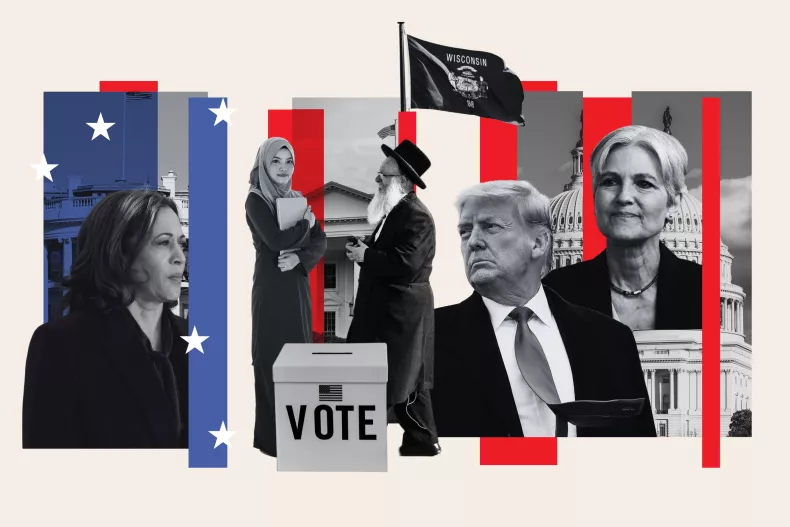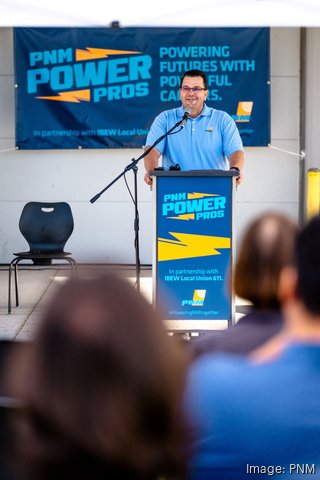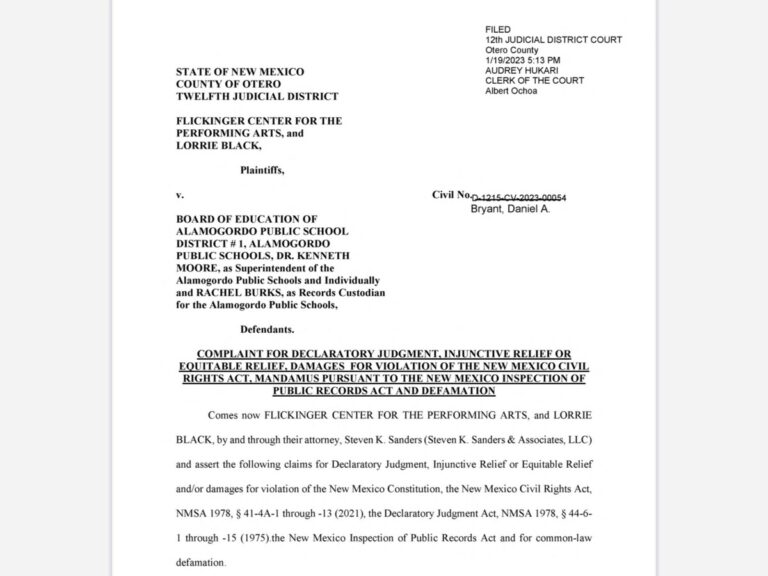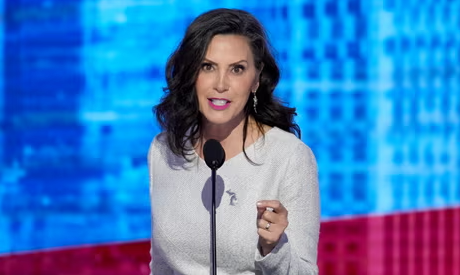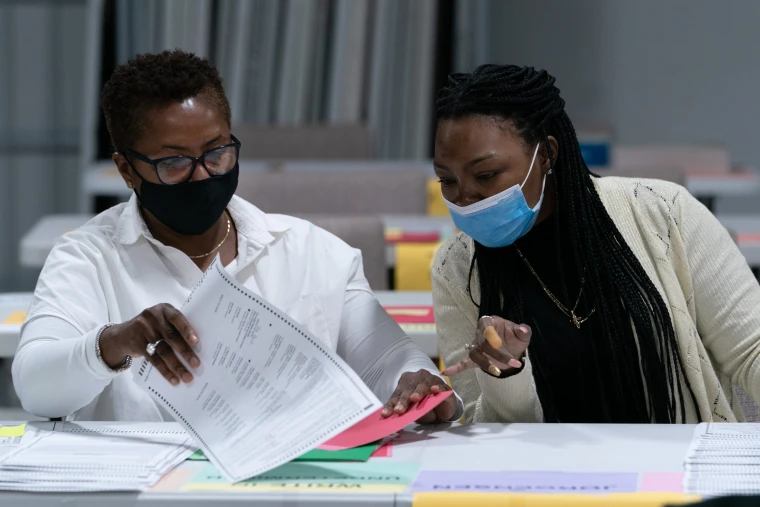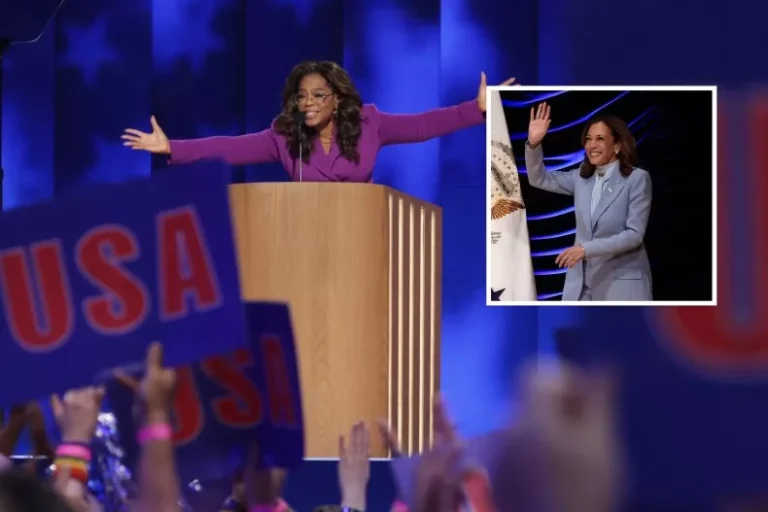“Kamala Harris Faces Challenges Among Muslim Voters in Wisconsin”
As the presidential election approaches, many Muslim American voters in swing state Wisconsin, including Abdulhamid Ali from Whitefish Bay, express uncertainty about their choices. For Ali and others, the key issue is not domestic policy but the need for a clear commitment from Vice President Kamala Harris to support the creation of an autonomous Palestinian state and to advocate for a ceasefire in the ongoing conflict between Israel and Hamas.
With Wisconsin decided by a mere 20,000 votes in 2020, every vote is crucial. Harris, who currently leads Trump 52% to 48% among all registered voters according to a Marquette Law School Poll, faces challenges within the Muslim community. A late August survey revealed that among Muslim voters, Harris trailed Green Party candidate Jill Stein, who has pledged to end what she describes as the “genocidal war” in Gaza.
Ali, who has participated in every U.S. election since emigrating from Somalia in 1980, expressed frustration with Harris’s perceived lack of actionable plans regarding the Israel-Palestine conflict. He emphasized the need for a concrete strategy, stating, “I want to see a concrete plan,” and mentioned he might abstain from voting for president if he doesn’t see such a commitment.
This election marks a significant shift for Muslim voters, who overwhelmingly supported Biden in 2020, with 86% backing him. However, this time, some, like physician Farhat Khan, are considering a vote for Stein. “We want to vote and we want to get counted, so we’ll go to the Green Party,” Khan said, emphasizing the need for Democrats to recognize the concerns of the growing Muslim community.
Maqsood Khan, president of the Wisconsin Muslim Civic Alliance, echoed similar sentiments, criticizing Harris for her response to Islamophobia and Middle Eastern policies. He lamented the loss of innocent lives and called for a more diplomatic approach.
Despite the criticisms, some Muslim voters still lean toward Harris as a preferable alternative to Trump. Masood Akhtar, an entrepreneur, underscored the importance of defeating Trump first and engaging in policy discussions afterward.
The ongoing violence in Gaza has left many in Wisconsin’s Muslim community feeling disillusioned and unsure of their electoral choices. Othman Atta, executive director of the Islamic Society of Milwaukee, noted that some voters are contemplating a protest vote for Stein, expressing frustration with the notion of voting for the “lesser of two evils.”
Conversely, Jewish voters in Wisconsin appear to be more unified in their support for Harris. A recent survey indicated that 72% of Jewish voters plan to back her, a figure consistent with previous elections. Concerns remain, however, about how Harris will handle the Israel-Hamas conflict, with some voters expressing skepticism about her willingness to cut military aid to Israel.
The stakes are high as both communities grapple with their electoral choices, driven by complex international issues that resonate deeply in their lives. As the election draws nearer, candidates will need to address these concerns to secure crucial votes in Wisconsin.
